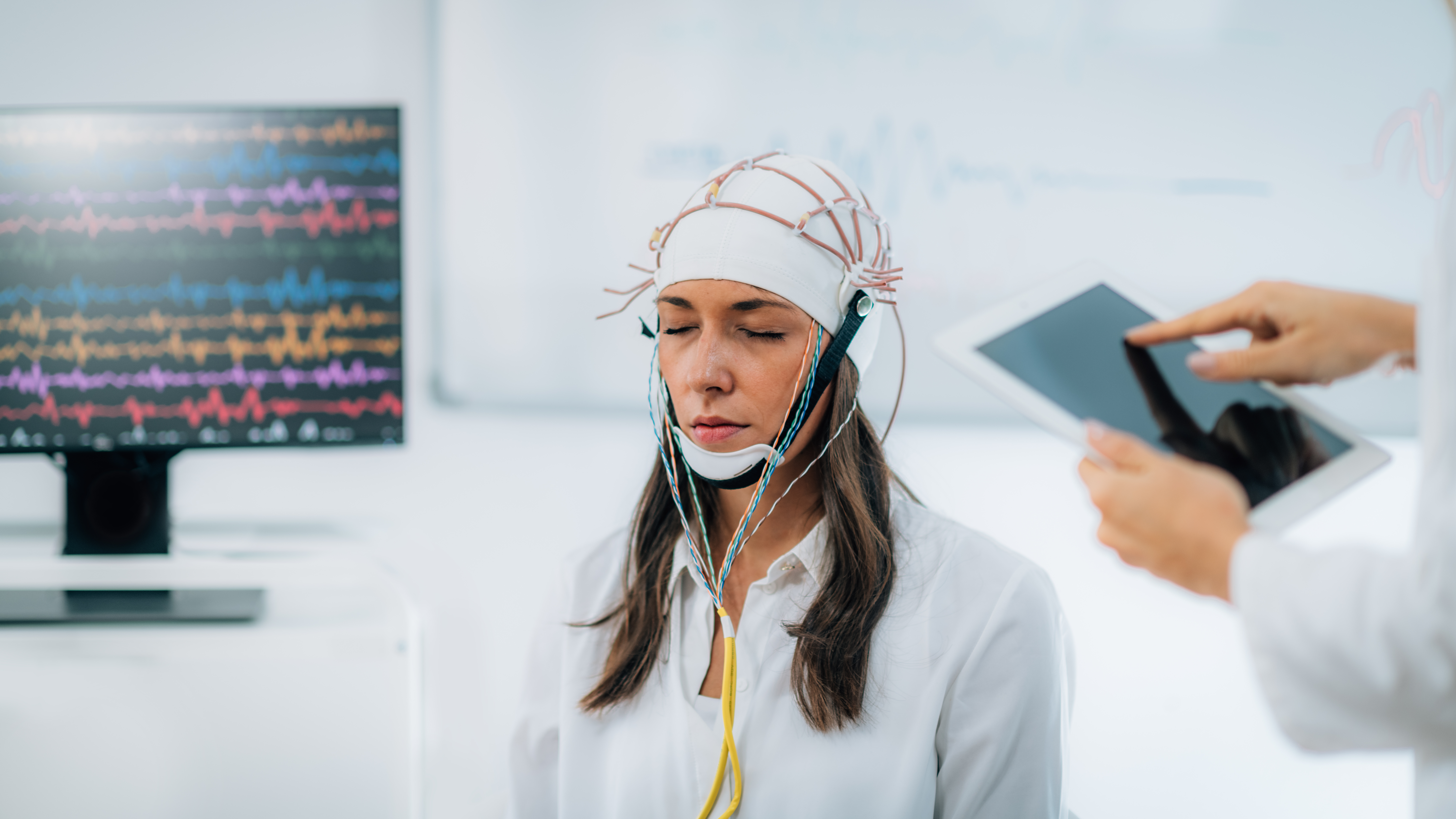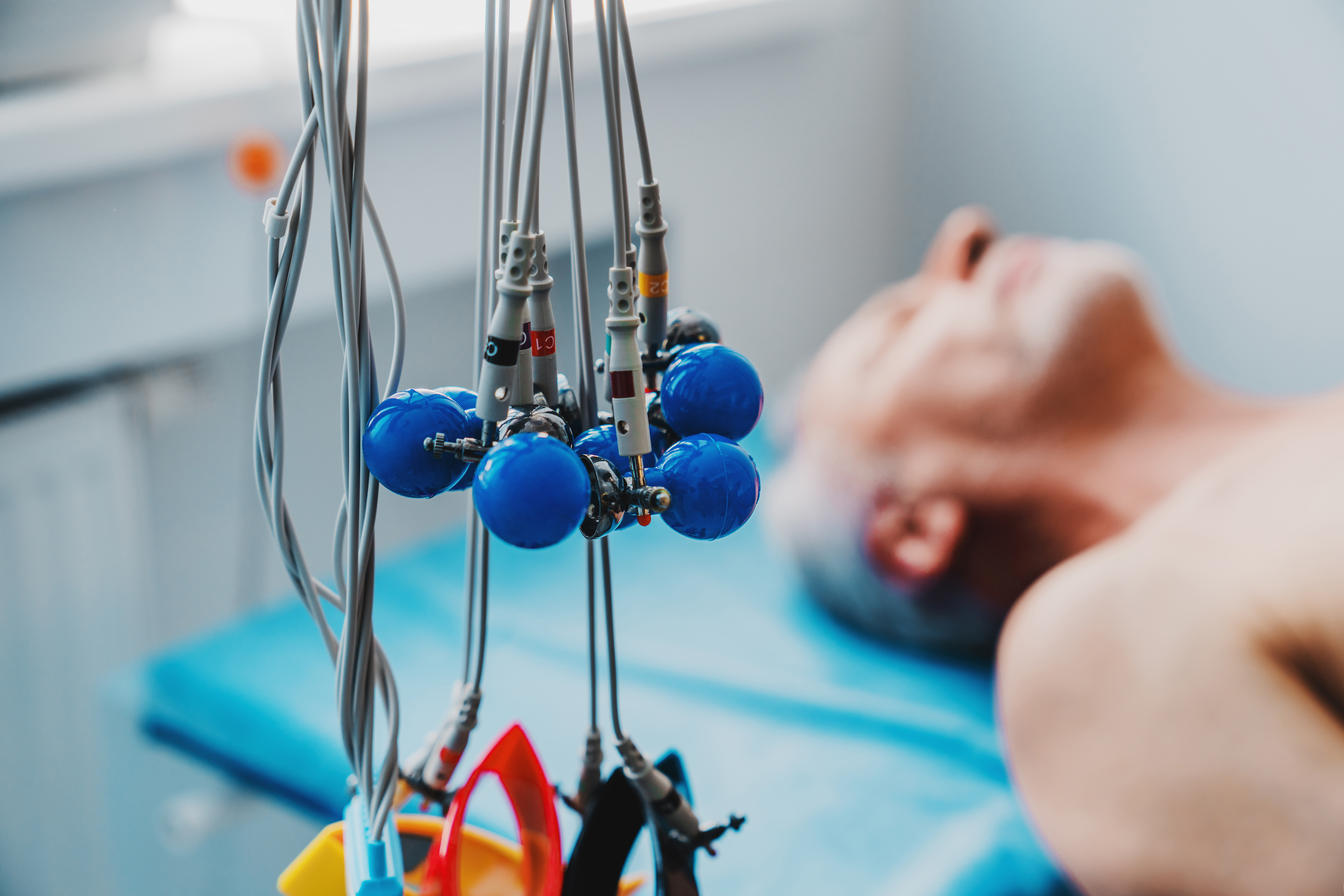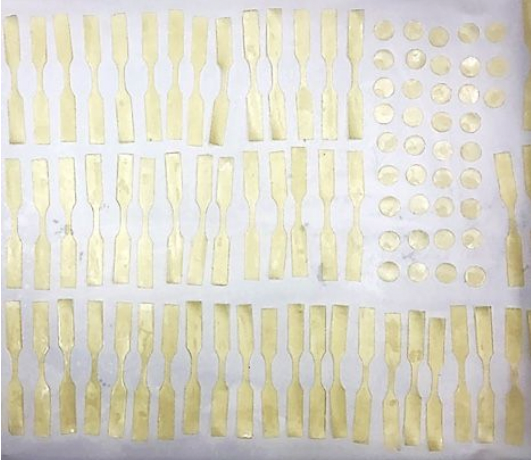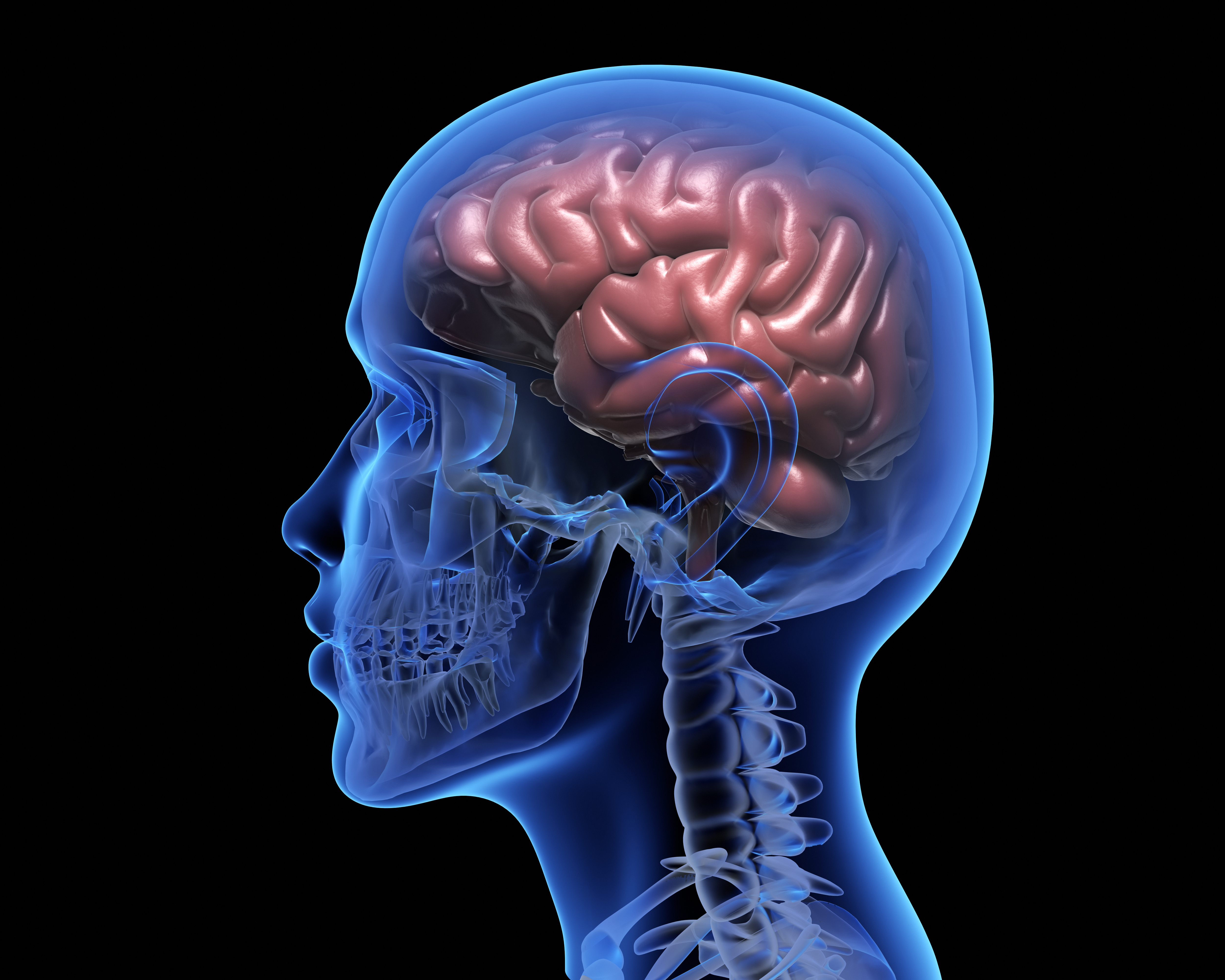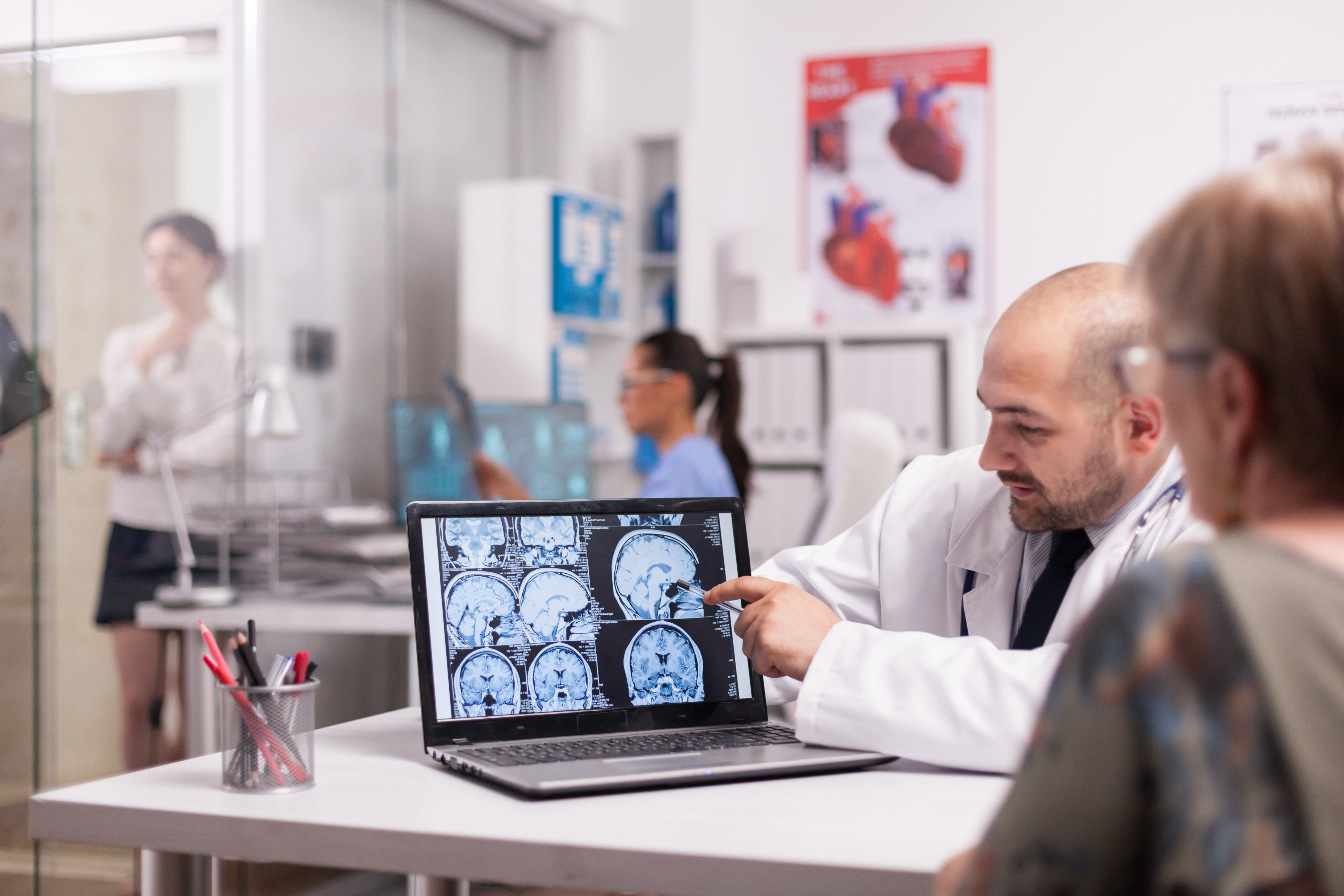- Agriculture
- Antibiotic/anti-viral
- Biologics
- Biomarkers
-
By Clinical Application
- Anesthesiology
- Blood & Lymphatic Disease
- CNS & Neurosciences
- Dermatology
- Diabetes, Metabolism, Endocrinology & Obesity
- Ear, Nose, & Throat
- Gastroenterology & Digestive Disease
- General & Plastic Surgery
- Health Education, Medical Training and Operations
- Heart and Vascular
- Immunology, Autoimmune & Inflammation
- Infectious Diseases
- Mental Health
- Multiple clinical applications
- Musculoskeletal Disorders, Orthopedics/Bone
- Nephrology/Renal
- Oncology
- Ophthalmology
- Orphan Diseases
- Pediatrics
- Physical Medicine & Rehabilitation
- Radiology
- Regenerative Medicine / Tissue Engineering
- Reproductive Health: Obstetrics & Gynecology
- Respiratory & Pulmonary
- Surgery
- Transplantation
- Urology
- Wound Healing
- COVID-19
- Creative Works
- Diagnostics
- Drug Delivery
- Drug screening and discovery
- Energy, Cleantech & Environmental
- Engineering & Physical Sciences
- Gene therapy
- Imaging
- Materials
- Medical Devices
- Nutraceuticals
- Other
- Research & Design Tools
- RNAi/siRNA
- Sensors & Controls
- Small molecules
- Software & Information Technology
- Stem Cells
- Vaccines
Machine learning algorithm to improve performance of hearing aids and cochlear implants in reverberant environments
Unmet Need In the US, nearly 30 million adults require assistive hearing technology such as hearing aids and cochlear implants. Even with assistive devices, hearing impaired individuals have particular trouble with speech recognition in reverberant…
Central Venous Catheter Insertion Device
Unmet Need Central Venous Catheterization (CVC) is a common procedure where a catheter is inserted into a large vein, typically in the neck, chest, or groin. With 5 million insertions a year, representing 8% of…
Improved beta oscillation burst detection for assessment of Parkinson’s disease
Unmet Need Parkinson’s disease is a debilitating ailment, though therapies such as deep brain stimulation via electrodes can improve symptoms. Such therapies rely on feedback from biomarkers to adjust the stimulation parameters. Such biomarkers may…
Systems and methods for efficient prediction and design of neural stimulation
Unmet Need Bioelectronic therapy is the ability to deliver various electrical impulses to patients through implanted medical devices. These devices can treat heart failure, epilepsy, and chronic pain among other ailments. Depending on the disease,…
Signals for onset-free conduction block
Unmet Need Neuromodulation and neurostimulation devices are used to control the responses of the nervous system and alleviate disease. Delivering to a nerve an alternating current at a high frequency can produce a nerve block…
A drug-infused hydrogel implant for glaucoma drainage devices
Unmet Need Glaucoma is an ocular disease involving heightened eye pressure most commonly leading to blindness, affecting roughly 3 million Americans. Current treatments include anti-steroidal or anti-inflammatory drugs to remove excess ocular fluid or decrease…
Bioresorbable lactone-based elastomers that can be used in continuous digital light processing 3D printing applications
Unmet Need The global market for 3D printing, or additive manufacturing, is growing rapidly with a compound annual growth rate of approximately 21% predicted to occur until 2027. Medical and dental products account for the…
A method for selectively blocking nerve fibers during neurostimulation treatment using kilohertz frequency electrical signals
Unmet Need In the past three decades implanted neurostimulation devices have become widely adopted driven largely by their ability to treat a range of clinical conditions with a “drug-free” solution. The $6.6 billion dollar market…
Implant for identifying sites of seizure onset in the brain
Unmet Need In the United States, epilepsy affects 2.2 million people with 150,000 new cases each year. Between 14.6% and 36.3% of people who suffer from epilepsy have forms of epilepsy that are not controllable…
A method to improve deep brain stimulation treatments by using cortical evoked potentials as a biomarker
Unmet Need Neuromodulation therapies are used to treat a wide variety of clinical conditions. For example, an estimated 150,000 deep brain stimulation (DBS) implants are performed globally to help treat movement disorders like Parkinson’s Disease.…
A multi-electrode multiplexed channel brain-computer interface for patient assistive technologies
Unmet Need According to the WHO, in 2019 neurological disorders were recognized as a growing public health challenge resulting in over 500,000 deaths globally. In the US alone, neurological diseases cause an estimated $800 billion-dollar…
Tunable elastomer-like polymers for use in soft tissue regeneration and drug delivery
Unmet Need Biodegradable synthetic polymers are often used as scaffolding or support materials in tissue engineering and regenerative medicine. However, many of the materials that have been used widely, such as PLLA and PCL, do…


